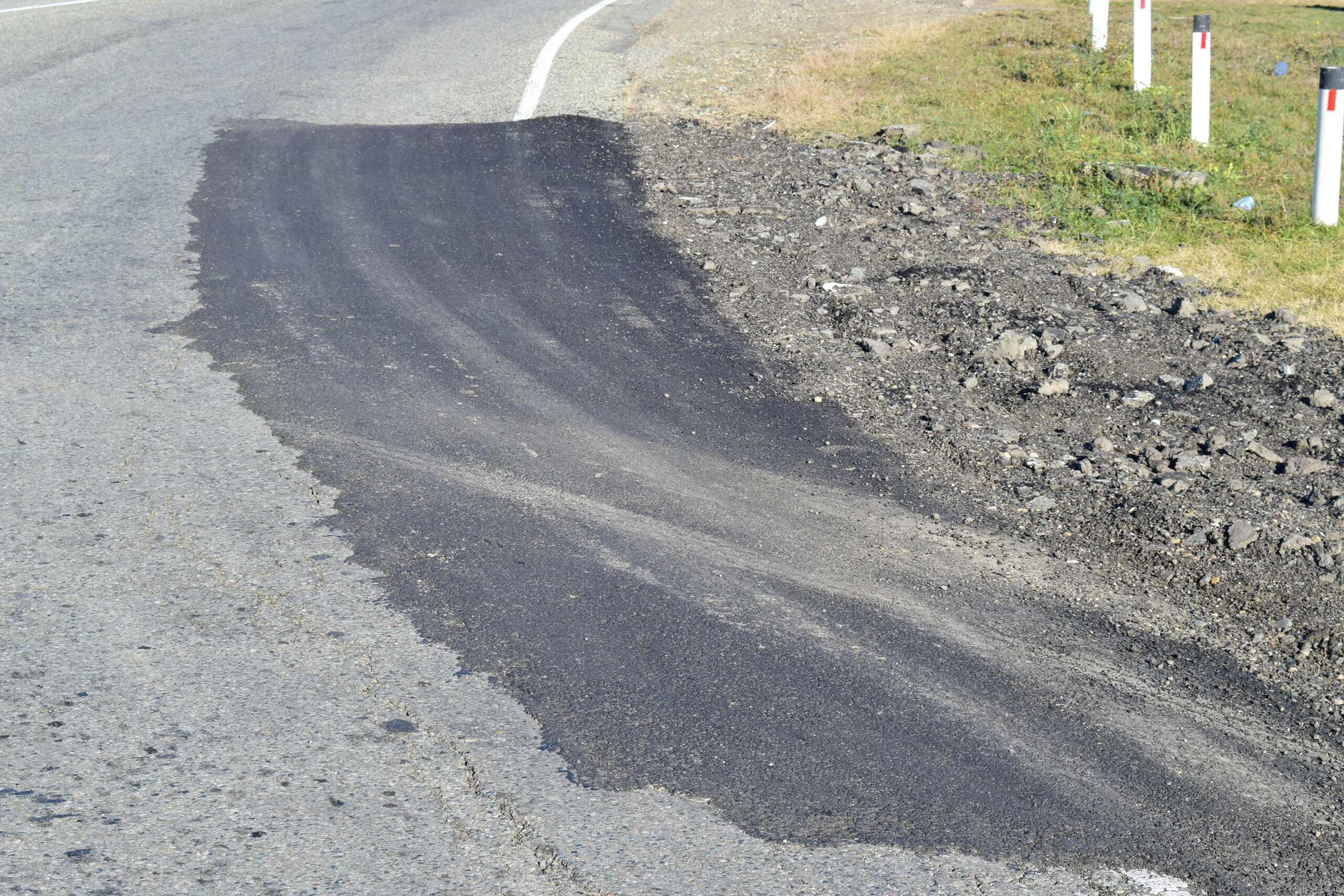Building management is a complex task that involves managing various aspects of a building, including maintenance, repairs, security, and cleanliness. One of the most important responsibilities of building managers is to ensure that their buildings are clean and hygienic at all times. This requires working closely with cleaning companies to develop effective cleaning strategies and schedules.
In this guide, we will explore the importance of collaboration between building managers and cleaning companies, as well as best practices for working with cleaning companies. We will also provide tips for successful partnerships between these two groups.
Introduction to Building Management and Cleaning Companies
Building management refers to the process of overseeing the operations and maintenance of a building or group of buildings. It includes tasks such as ensuring that the building is secure, maintaining equipment and systems, and coordinating repair and renovation projects. Cleaning companies specialize in providing cleaning services for commercial and residential properties. They offer a range of services, from basic cleaning to deep cleaning and sanitization.

The Importance of Collaboration Between Building Managers and Cleaning Companies
Effective communication and collaboration between building managers and cleaning companies are essential for keeping buildings clean and hygienic. When these two groups work together, they can identify areas that require attention, develop customized cleaning plans, and track progress towards achieving cleaning goals. Additionally, collaborative efforts help to reduce costs by eliminating duplication of effort and streamlining processes.
Best Practices for Working With Cleaning Companies
To achieve successful partnerships with cleaning companies, building managers should follow these best practices:
1. Clearly define expectations: Building managers should communicate their expectations clearly to cleaning companies. This includes specifying the frequency of cleanings, the types of cleaning required, and any special requests.
2. Develop a detailed schedule: Building managers should work with cleaning companies to develop a detailed cleaning schedule that outlines the specific tasks to be completed each day, week, or month.
3. Provide training: Building managers should provide cleaning staff with adequate training on how to use cleaning equipment and supplies properly. This helps to ensure that cleaning staff are equipped to handle different surfaces and materials effectively.
4. Regular inspections: Building managers should conduct regular inspections to ensure that cleaning standards are being met. This helps to identify areas that need improvement and ensures that cleaning staff are meeting expectations.

5. Open communication: Building managers should foster open communication channels with cleaning companies. This allows them to address issues promptly and prevent small problems from escalating into larger ones.
Conclusion: Tips for Successful Partnerships
Successful partnerships between building managers and cleaning companies rely on clear communication, mutual trust, and a shared commitment to excellence. By following the best practices outlined above, building managers can create productive relationships with cleaning companies that result in cleaner, healthier buildings.

